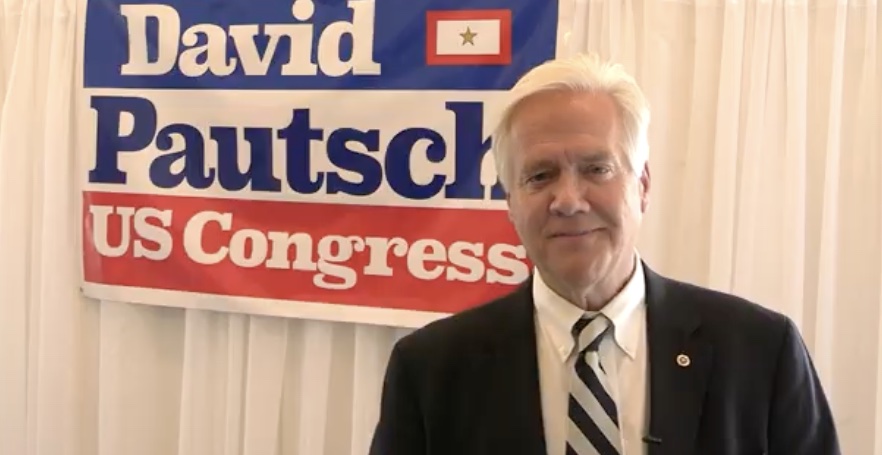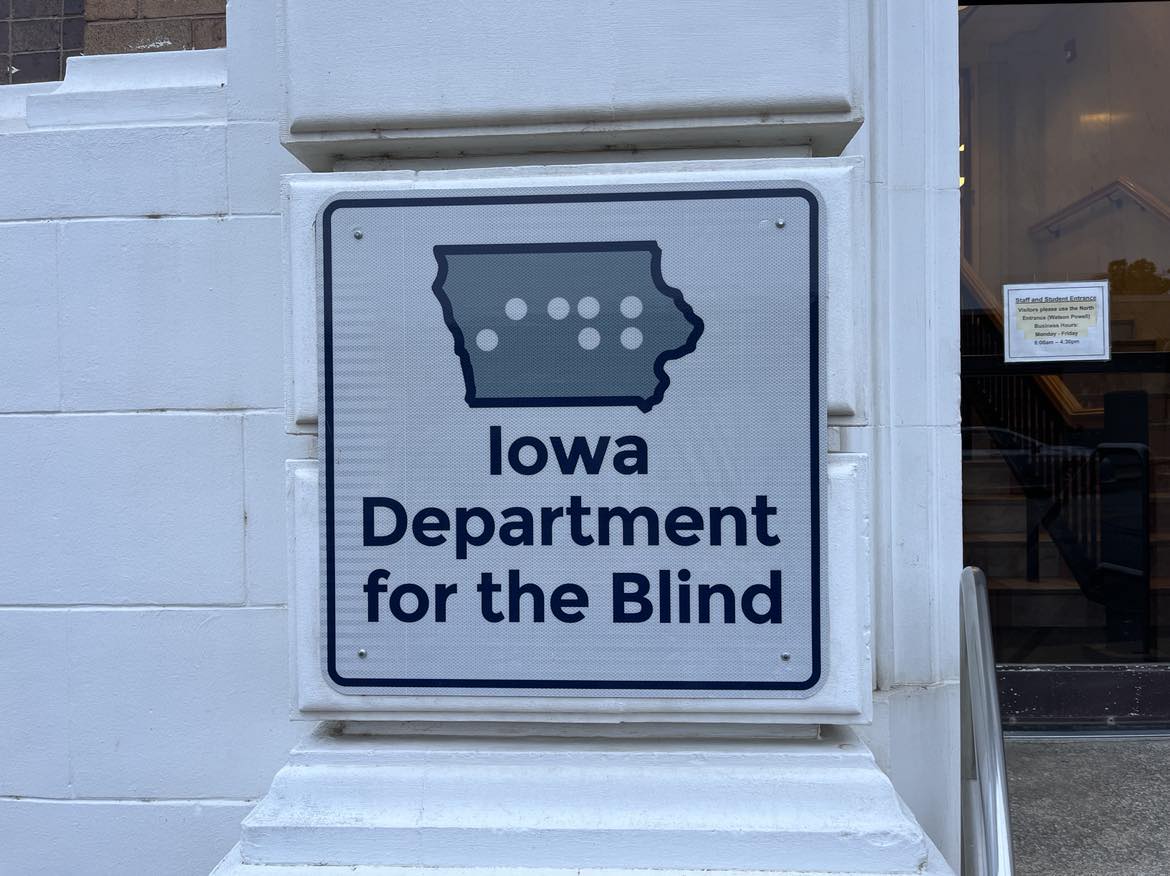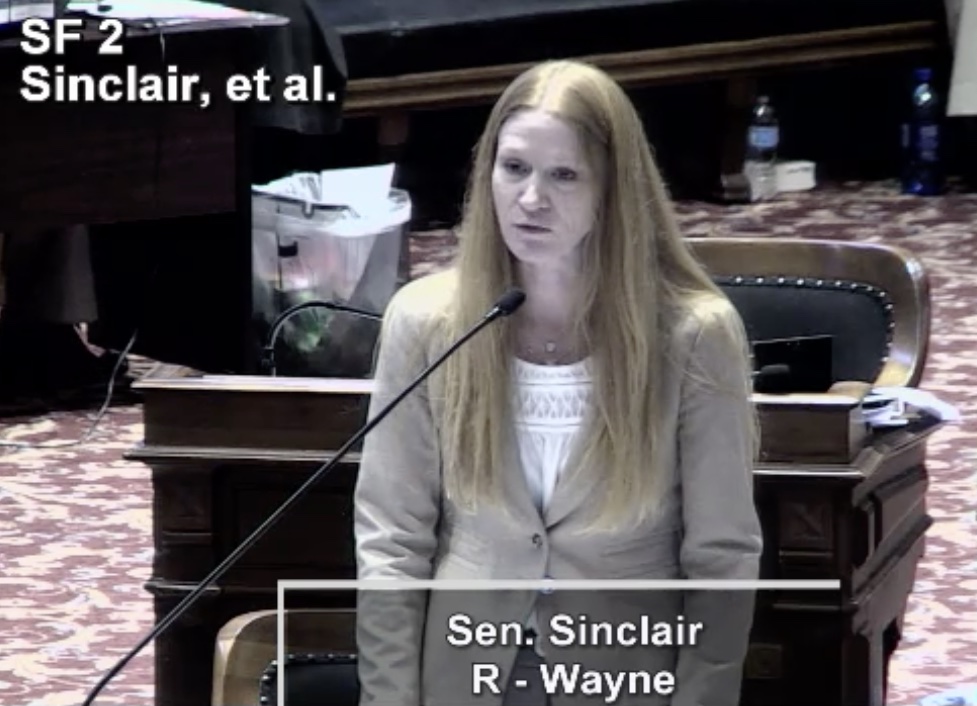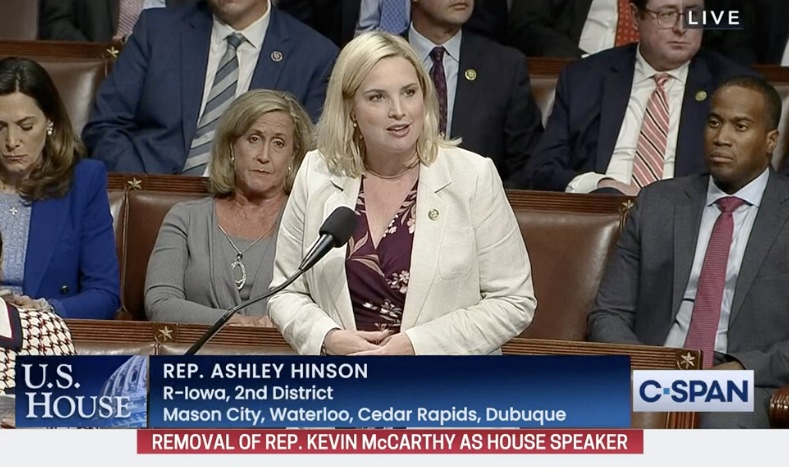
Photo of Neil Hamilton speaking at the Iowa Nature Summit on November 17 provided by the author and published with permission.
Neil Hamilton is the former director of the Drake Agricultural Law Center and professor emeritus at Drake University law school. He delivered these remarks at the Iowa Nature Summit at Drake University on November 17, 2023.
My hope in planning the Summit was our collective work can help change the trajectory and effectiveness of how we advocate for nature in Iowa. I hope you agree we are off to a good start.
Elevating nature in our discussions
One challenge we face is elevating the discussion of nature to the place it deserves in the public discourse. It is too easy for those threatened by our issues to characterize us as just a bunch of nature lovers—people who like to play outdoors while others are trying to make a living. This is a dangerous mind set because if political issues involving nature are reduced to being between Iowa’s pigs and you playing in the river—history shows pigs may win every time.
Our respect for nature is about much more than just enjoyment—as vital as that is. Our respect for nature focuses on the essential role—the foundational role—nature plays in supporting life. Without nature there is no human survival, it is that simple. That is why water quality, soil health, and climate are essential to our future—it is why we need to elevate the importance of nature in our advocacy.
If we want the view of Iowa nature in five years to be better and not just a continuum of little progress and slow decline, what must change? How do we get out of the rut—or ephemeral gully—we find ourselves in today?
Continue Reading...

































